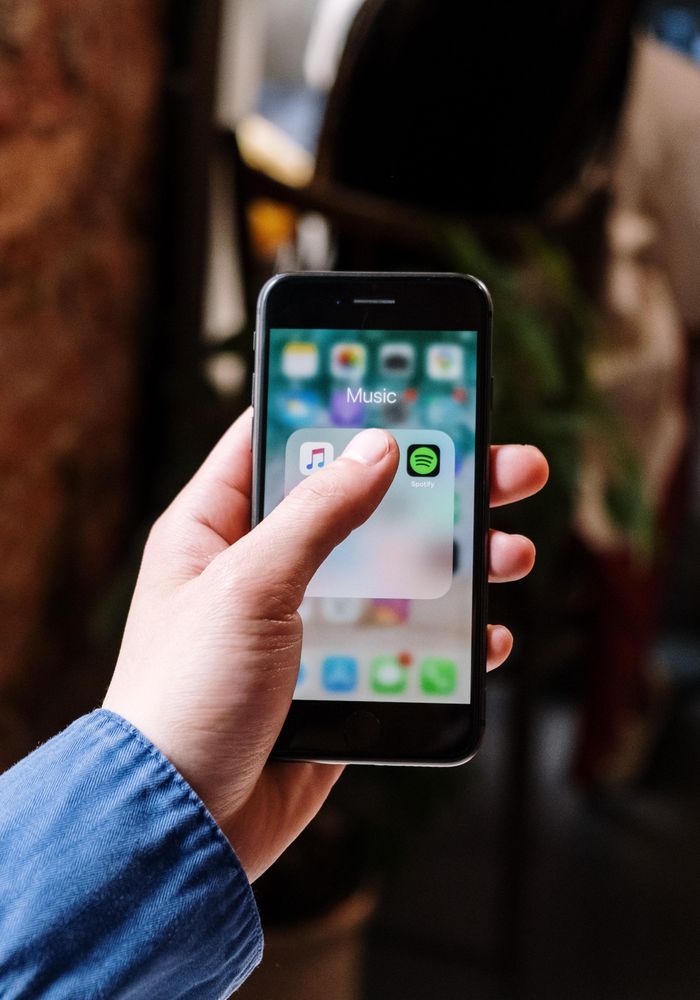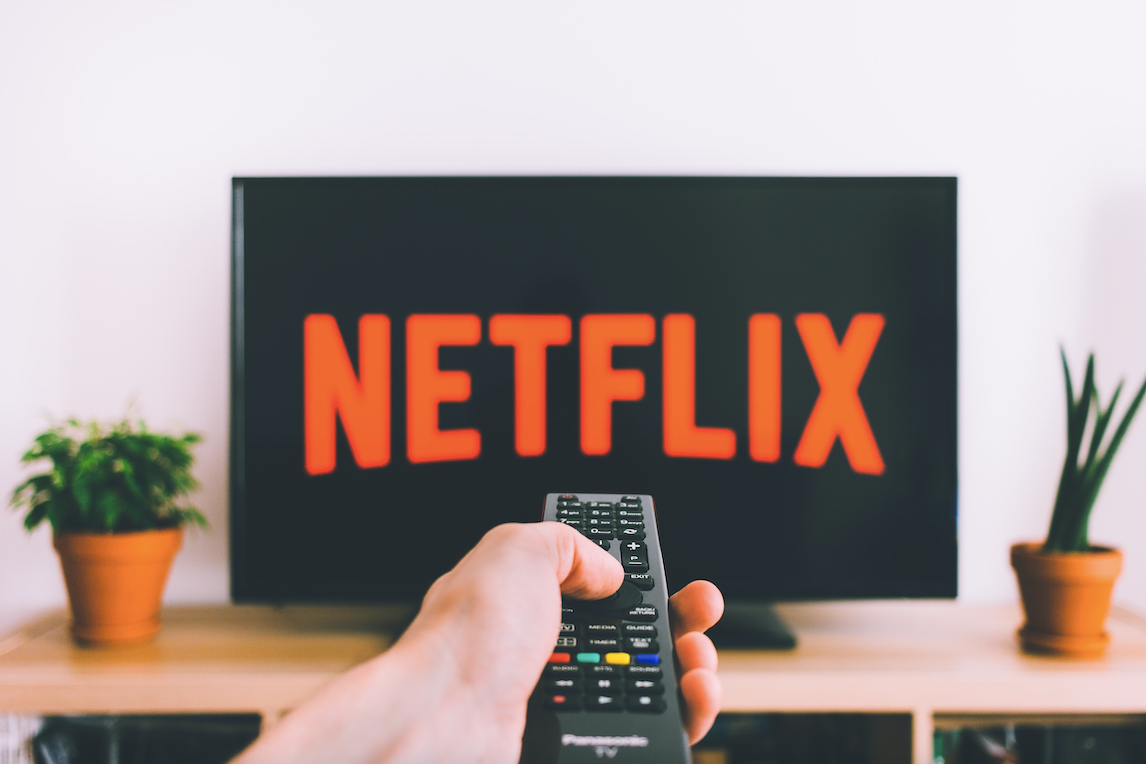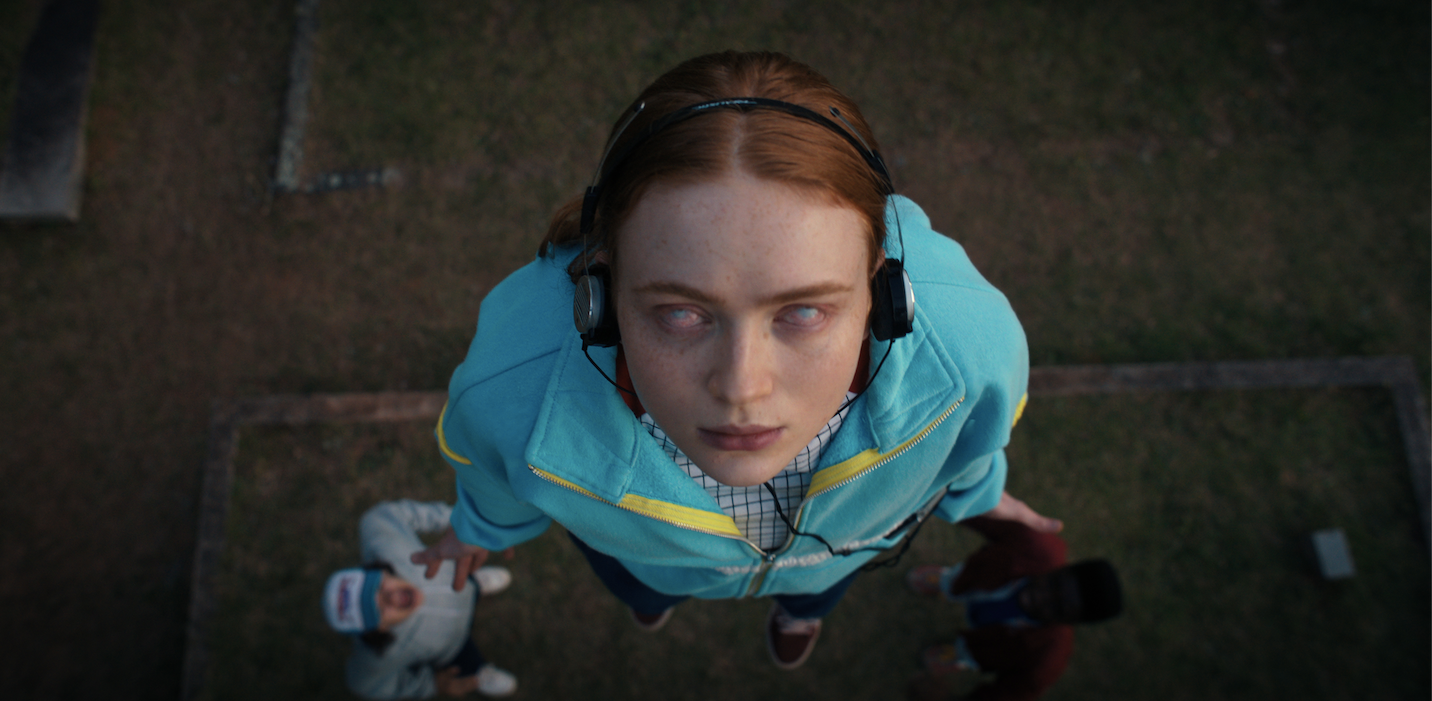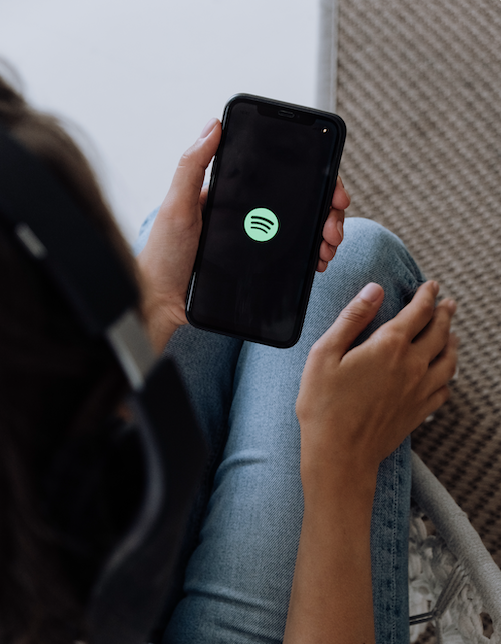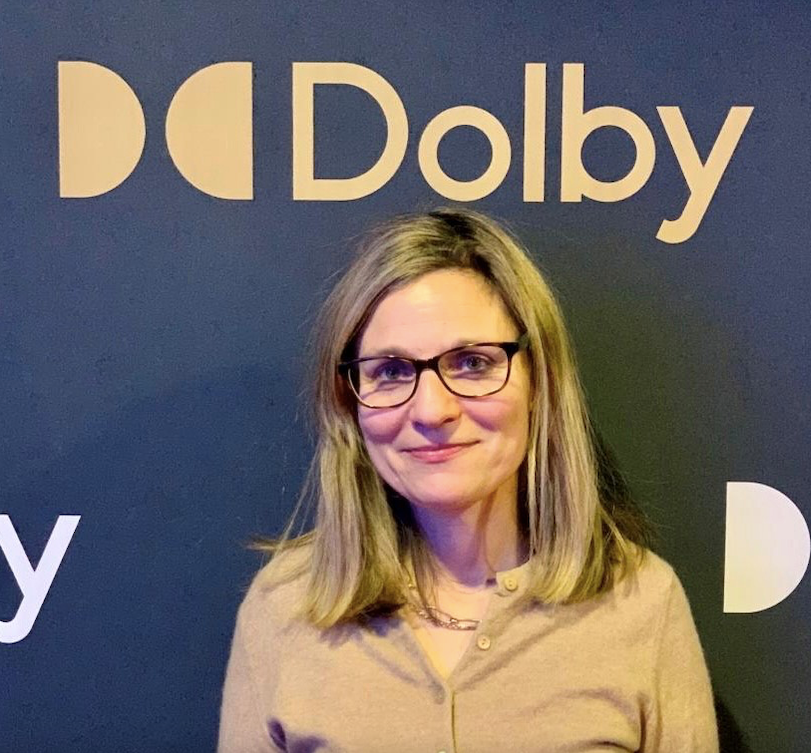Dolby’s senior broadcast sales manager, Jane Gillard, delves into the rapid uptake of Dolby Atmos, explores what the future of the immersive format looks like for film and music streaming services.
Dolby Atmos on TV
Viewers can watch Dolby Atmos content on Netflix, Disney Plus, Apple TV and Vudu; how quickly has the uptake been from streaming services, and will it soon become the norm for content on TV streaming services to always be created in Atmos?
Yeah, absolutely. Some services mandate it, particularly for their original programming. Actually what we're seeing across many original productions is that talent are actually requesting that their shows are mixed and produced this way.
If you look at Netflix, there's so much choice of Atmos content – everything from Stranger Things, to documentaries like Our Planet…a huge amount of original programming on Netflix is available in Dolby Atmos. Likewise with Disney Plus, they've got some really great music shows as well.
Then there’s Amazon Prime, and Google also offers Dolby Atmos. So if you've invested in some Atmos playback gear, you could basically watch telly in Atmos all night! There's a huge amount of choice available.
